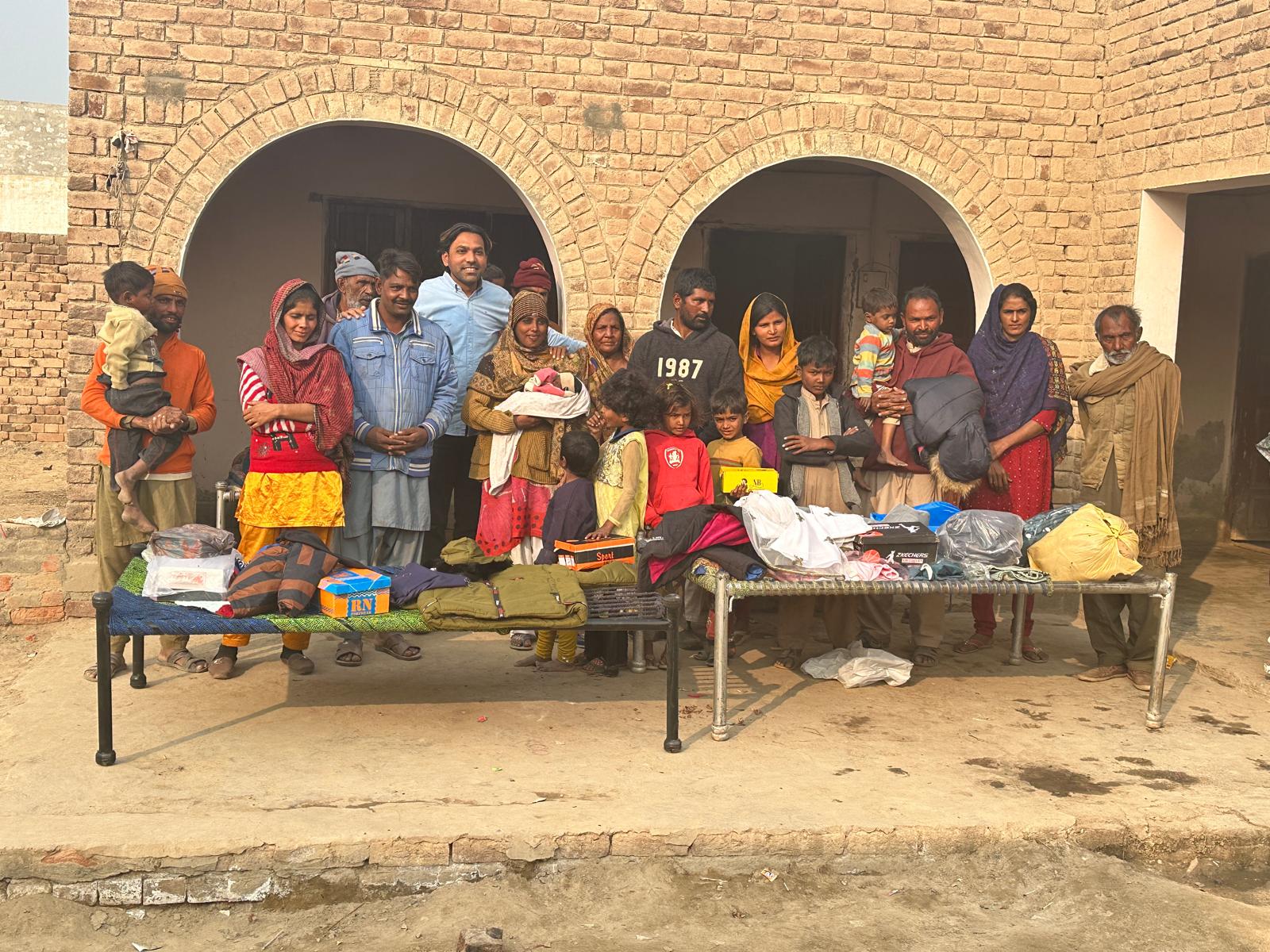News Desk
Islamabad, Pakistan:
Despite Pakistan outlawing bonded labor decades ago, the harsh realities of debt bondage and exploitation persist, especially in the country’s sprawling network of brick kilns. For an estimated 4.5 million workers toiling in over 20,000 kilns, life remains a cycle of generational enslavement, exacerbated by poverty, corruption, and weak enforcement of labor laws.
Christian workers, a significant portion of this workforce, face compounded vulnerabilities, including debt traps, sexual abuse, trafficking, and severe human rights violations. These hardships, often hidden in the shadows of economic crises, disproportionately affect women and children, said the presser
The Minority rights activist Joseph Jansen recently collaborated with local organizations to rescue 100 individuals, including children and elderly family members, from brick kiln bondage. Among those freed were five women who endured years of exploitation, including abuse and enslavement. The rescue operation marked a significant step toward justice and rehabilitation for these survivors.
The harrowing experiences of survivors, such as Safia Khuram and Mehwish Shouqat, shed light on the stark realities of life in brick kilns.
Safia Khuram was born into bonded labor, her family bound by a debt of approximately PKR 100,000 (around €800). From the age of 12, she endured relentless sexual abuse by the kiln owner and others, alongside backbreaking labor in searing temperatures. The abuse continued for over a decade, even after her marriage, leaving her with lasting physical and emotional scars.
Mehwish Shouqat faced similar horrors. Born in Faisalabad and married into bonded labor, she and her husband were forced to work beyond their physical limits to pay off debts. The kiln owner reportedly demanded she terminate a pregnancy to remain in the workforce, resulting in the loss of a child. Years of violence and repeated assaults left her family trapped, unable to escape the cycle of debt and abuse.
Through the aforementioned intervention, survivors are receiving essential support, including legal aid to obtain identity documents—many had no official identification—along with shelter, food, and vocational training to rebuild their lives. “Our aim is to help them reclaim their dignity and independence,” Jansen said.
The plight of Pakistan’s bonded laborers underscores the urgent need for systemic change. While Pakistan has ratified international conventions like the International Covenant on Civil and Political Rights (ICCPR) and the International Covenant on Economic, Social, and Cultural Rights (ICESCR), enforcement remains a challenge.
Joseph Jansen called on authorities to strengthen the implementation of domestic laws, uphold international commitments, and provide robust protection and rehabilitation programs for victims. “These stories are a reminder of the ongoing struggle for human dignity. We must act now to break these chains and end the exploitation of the most vulnerable,” he said.
As Pakistan seeks to address these injustices, the stories of Safia, Mehwish, and others remain a testament to the resilience of the human spirit and the critical need for collective action to eradicate bonded labor and abuse.


